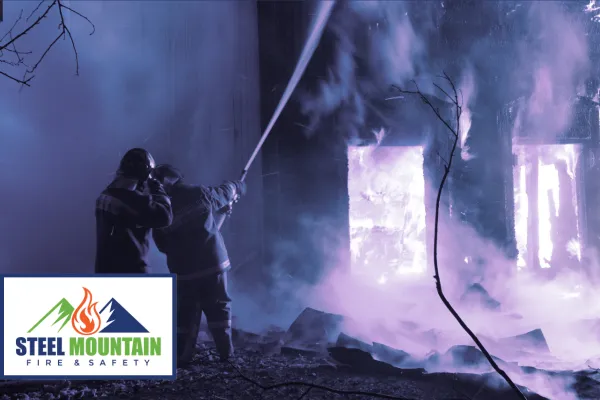
Preventing Kitchen Fires: The Role of Exhaust System Maintenance
Kitchen fires are a significant risk in both commercial and residential settings. One of the most effective ways to mitigate this risk is through regular maintenance of the kitchen exhaust system. This article explores the importance of exhaust system maintenance in preventing kitchen fires and ensuring a safe cooking environment.
Understanding the Kitchen Exhaust System
The kitchen exhaust system is designed to remove heat, smoke, grease, and other airborne particles generated during cooking. It typically includes components such as hoods, ducts, and fans. Over time, grease and debris can accumulate in these components, creating a fire hazard.
Key Functions of the Exhaust System
Ventilation: The exhaust system helps maintain air quality by removing smoke and odors.
Temperature Control: It helps regulate the temperature in the kitchen, making it more comfortable for staff.
Fire Prevention: By removing flammable grease deposits, the exhaust system significantly reduces the risk of fire.
Importance of Regular Maintenance
1. Fire Prevention
The primary benefit of regular exhaust system maintenance is fire prevention. According to various sources, including the National Fire Protection Association (NFPA), flammable grease deposits can ignite and lead to devastating fires. Regular cleaning helps eliminate these deposits, thereby reducing the likelihood of a fire starting and spreading within the kitchen exhaust system.
2. Improved Air Quality
A clean exhaust system facilitates better air quality in the kitchen. When grease and debris accumulate, they can lead to unpleasant odors and poor ventilation. Regular maintenance ensures that the system operates efficiently, improving the overall working environment for kitchen staff.
3. Compliance with Safety Regulations
Maintaining a clean exhaust system is not just a best practice; it is often a legal requirement. Many local fire codes and health regulations mandate regular cleaning and inspection of kitchen exhaust systems. Compliance with these regulations helps avoid fines and ensures the safety of staff and customers.
Recommended Maintenance Practices
Regular Cleaning: It is recommended to clean kitchen hoods and ducts every three months, or more frequently depending on the volume of cooking.
Professional Inspections: Engage certified professionals to inspect and clean the exhaust system. They can identify potential issues that may not be visible to the untrained eye.
Documentation: Keep records of all maintenance activities, including cleaning dates and inspections. This documentation can be crucial for compliance and insurance purposes.
Conclusion
Regular maintenance of the kitchen exhaust system is essential for preventing fires and ensuring a safe cooking environment. By investing in proper cleaning and inspections, kitchen operators can protect their staff, customers, and business from the dangers associated with grease buildup and fire hazards. For more detailed guidelines on kitchen exhaust maintenance, refer to resources provided by fire safety organizations such as the NFPA.